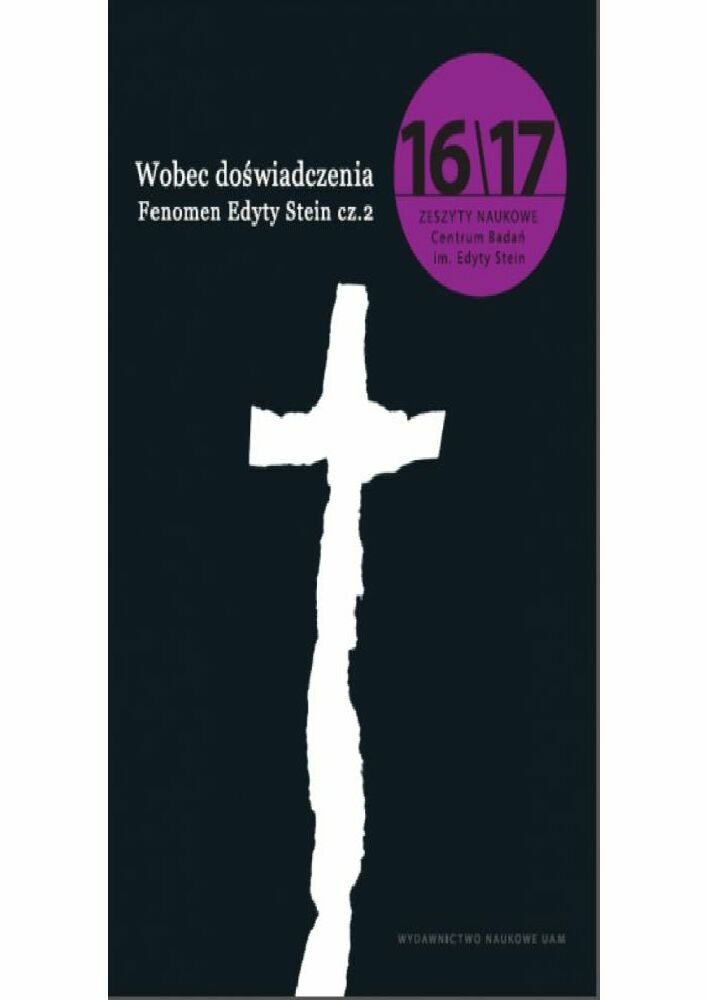Abstract
Although the first unambiguous original proofs of the aeternitas Augusti idea come from the Flavian dynasty, its origin lies in the period of the late Republic and Principate. Aeternitas was a deified abstraction, which expressed the state the emperor could obtain as a result of deification. It was also an attribute of the emperor, the property of his divine nature. Analysis of the places and contexts of the occurrence of the eternity phenomenon with respect to the emperor in preserved sources suggests that the ideas of the state and the emperor’s eternity were complementary and mutually conditioned.The emperor’s aeternitas was declared to emphasize his religious and political role in thestate, in the process of granting him everlastingness. It was discussed in the context ofconcerns about his health and safety, particularly in the context of neutralizing plots toassassinate him, and in the context of the implications to the policy of the throne. Despite the fact that proclaiming the emperor’s aeternitas in the Julio-Claudian dynasty had noofficial character, the number and diversity of its original evidences prove the significantpopularity of this idea in society.
